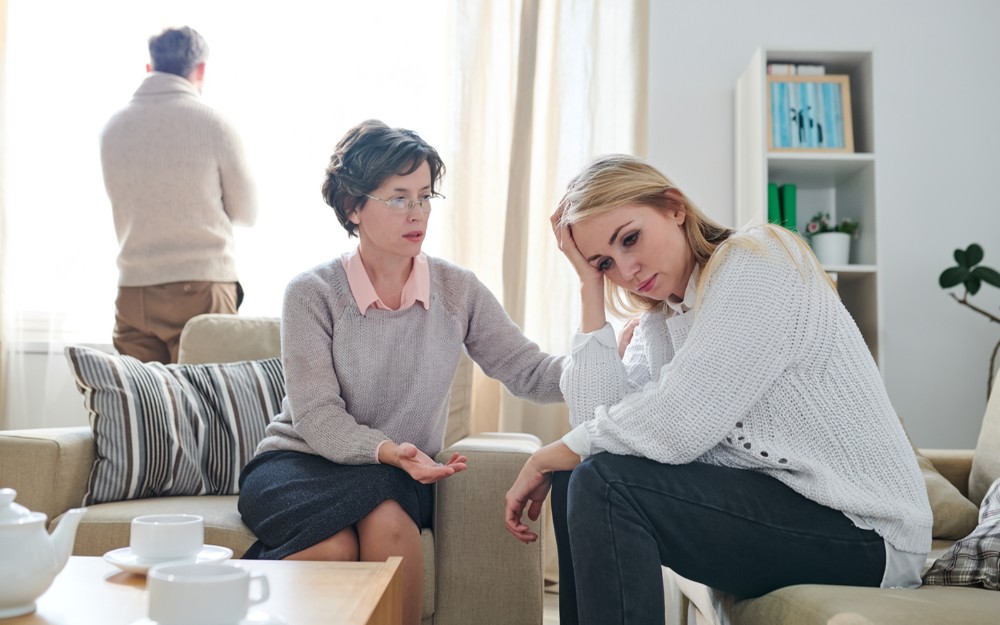I’ve set up a company to own and run my business, and my partner and I will be directors. Are your personal assets safe? Just a yes or no answer, please.
How about yes AND no? The logic is that the company is the entity that opens accounts, signs leases, does deals, performs services etc, so that if things ever go horribly wrong, the company gets sued and takes the hit, not the people behind it (the directors and shareholders).
Shareholders’ liability is always limited to the value of the shares they own in the company, no matter how spectacular the collapse (that’s what ‘limited’ means in a proprietary limited company context).
It’s a little different (ah, worse) for company directors. The default position is that when said catastrophe hits, creditors still can’t directly get to directors’ personal assets. In legal parlance, this is called the corporate veil, and it offers directors some asset protection comfort.
But alas, that veil is a little flimsy, and here’s the rub: if directors have knowingly traded insolvently, or acted fraudulently, up comes the veil and all bets are off – directors’ assets are fair game. Although no-one sets out to trade insolvently or be a fraudster, there are also literally hundreds of pieces of legislation that hold directors personally liable for breaches of their provisions by the company – these range from personal liability for company tax obligations, work health and safety obligations through to criminal offences. Some statutory fines are massive. Personal liability equals risking personal assets.
Bottom line?
Yes, company structures offer directors some protection, but they don’t give you a licence to trade worry free. So be careful with your assets and what kind of liability you’re taking on, and take some advice on what options are available based on your circumstances. And NEVER act as a director as a favour of someone unless you know what you’re doing. If you’d like to know more take a look at our business guide.




